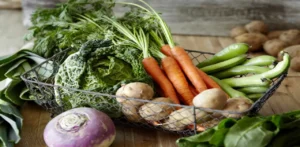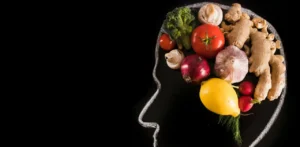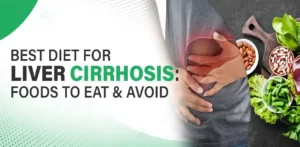Contents
Colorectal cancer is a significant health concern worldwide, affecting millions of individuals each year. While medical treatments like surgery, chemotherapy, and radiation therapy play crucial roles in managing the disease, nutrition also plays a vital role in prevention, treatment support, and overall well-being. In this guide, we’ll delve into the dietary aspects of colorectal cancer, including foods to incorporate, nutrition tips, and delicious recipes tailored for patients and those interested in prevention.
Understanding Colorectal Cancer and Nutrition
Colorectal cancer develops in the colon or rectum, often starting as polyps that can become cancerous over time. While genetics and age play significant roles in its development, lifestyle factors such as diet also influence the risk. Research suggests that certain dietary patterns and food choices can either increase or decrease the risk of colorectal cancer.
Also Read: “Breast Cancer Diet Tips and Healthy Meal Ideas”
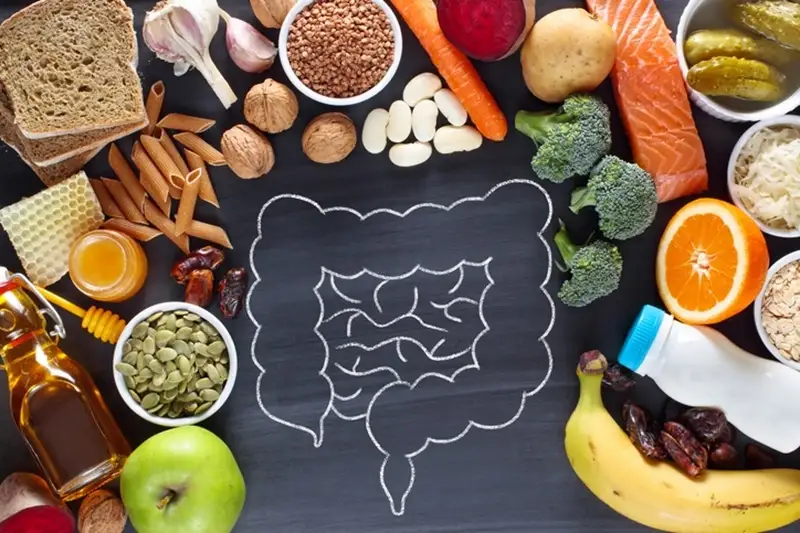
Colorectal Cancer Diet for Prevention
- Fiber-Rich Foods: Incorporate fruits, vegetables, whole grains, and legumes into your diet. These foods are rich in fiber, which promotes healthy digestion and may lower the risk of colorectal cancer.
- Calcium Sources: Include dairy products, fortified plant-based milks, and leafy greens like kale and collard greens for calcium, which has been associated with reduced colorectal cancer risk.
- Limit Red and Processed Meats: Minimize consumption of red meats like beef, pork, and lamb, as well as processed meats like bacon, sausage, and deli meats, as they have been linked to increased cancer risk.
- Healthy Fats: Opt for sources of healthy fats such as avocados, nuts, seeds, and olive oil while reducing saturated fats from animal products and processed foods.
- Moderate Alcohol and Avoid Tobacco: Limit alcohol intake and avoid tobacco products, as they are known risk factors for colorectal cancer.
Nutrition During Colorectal Cancer Treatment
For individuals undergoing treatment for colorectal cancer, maintaining proper nutrition is essential to support overall health, energy levels, and immune function. Here are some key considerations:
- Protein-Rich Foods: Include lean proteins like poultry, fish, tofu, beans, and lentils to support muscle strength and recovery.
- Hydration: Drink plenty of fluids, including water, herbal teas, and broths, to stay hydrated and support digestion.
- Vitamins and Minerals: Ensure adequate intake of vitamins and minerals, either through food sources or supplements as recommended by healthcare providers.
- Small, Frequent Meals: Eating smaller, more frequent meals throughout the day can help manage digestive symptoms and maintain energy levels.
- Listen to Your Body: Pay attention to how your body responds to different foods and adjust your diet accordingly to manage side effects like nausea, diarrhea, or changes in appetite.
Also Read: “Pneumonia Diets: Eat Right to Recover Faster and Breathe Easier”
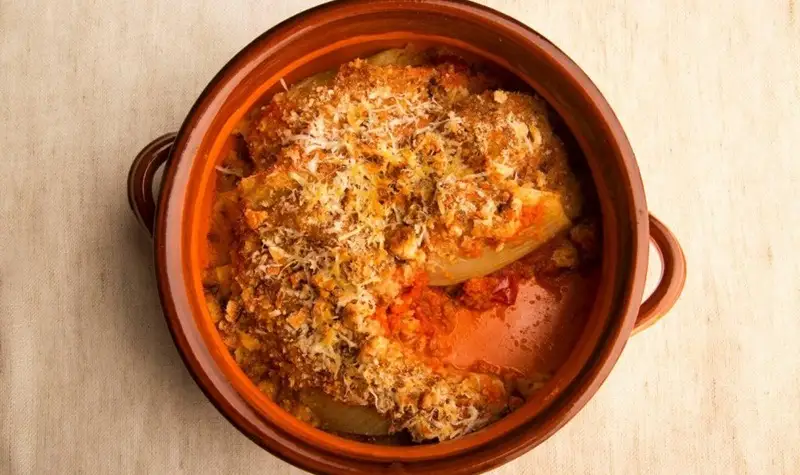
Colorectal Cancer-Friendly Meals and Recipes
Creating delicious and nutritious meals that are gentle on the digestive system is key for colorectal cancer patients. Here are some ideas and recipes to inspire your cooking:
- Creamy Butternut Squash Soup: Blend roasted butternut squash with vegetable broth, coconut milk, and spices for a soothing and nutritious soup.
- Quinoa and Vegetable Stir-Fry: Cook quinoa and stir-fry with colorful vegetables like bell peppers, broccoli, and carrots for a protein-packed, fiber-rich meal.
- Baked Salmon with Herbs: Marinate salmon fillets with lemon juice, garlic, and herbs, then bake until tender and serve with steamed greens for a omega-3 rich dish.
- Smoothies and Shakes: Blend fruits like berries, bananas, and mangoes with yogurt or plant-based milk for a refreshing and easy-to-digest meal or snack option.
- Soft Foods for Recovery: During treatment periods, focus on soft, easily digestible foods like mashed potatoes, pureed soups, yogurt, and smoothies to support comfort and nutrition.
Colorectal Cancer Nutrition Tips
- Stay Hydrated: Drink water regularly throughout the day to prevent dehydration, especially during treatment.
- Mindful Eating: Take time to chew your food thoroughly and eat slowly to aid digestion and prevent discomfort.
- Herbal Teas: Herbal teas like ginger, peppermint, and chamomile can soothe digestive issues and promote relaxation.
- Nutrient-Dense Snacks: Keep nutrient-dense snacks like nuts, seeds, fruits, and whole-grain crackers on hand for quick, healthy options.
- Consult with a Dietitian: Work with a registered dietitian who specializes in oncology to create a personalized nutrition plan based on your needs and preferences.
Conclusion
Incorporating a balanced and mindful approach to nutrition can significantly impact colorectal cancer prevention, treatment support, and overall well-being. By focusing on nutrient-rich foods, staying hydrated, and listening to your body’s needs, you can optimize your dietary choices to promote health and vitality during your cancer journey. Explore new recipes, seek professional guidance, and prioritize self-care to nourish your body and mind throughout the process.

